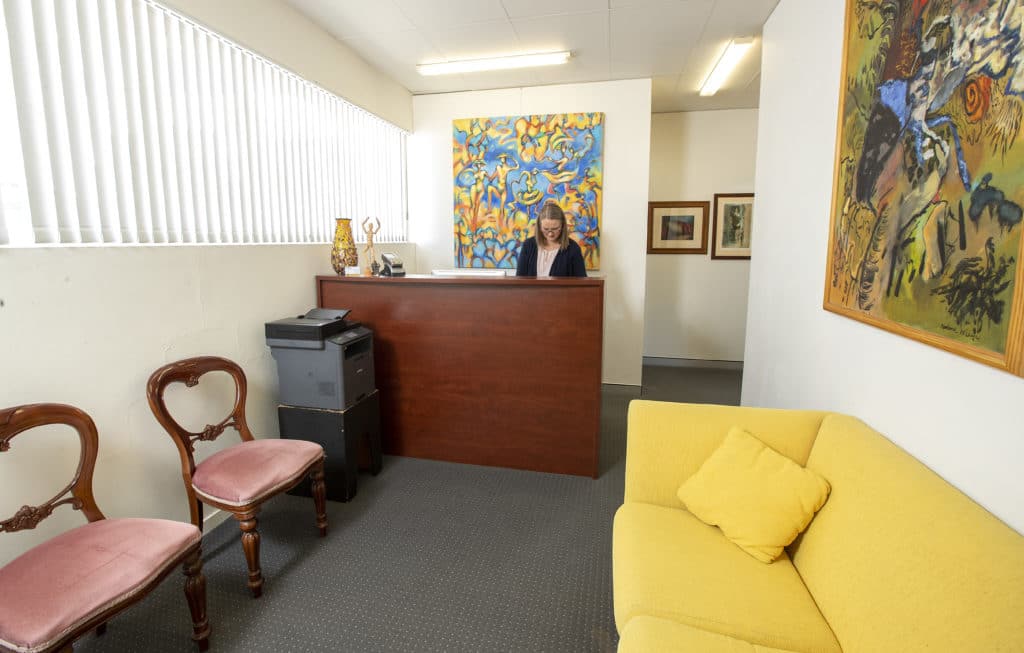- 07 3257 7794
- info@centralclinical.com.au
- 70 Robertson Street, Fortitude Valley

Clients are requested to read CCPP policy regarding Informed Consent and Management of Personal Information prior to consulting this section on Fees & Rebates. In this regard, attention is drawn to the CCPP Non-Attendance Without Notification policy.
It is central to the client/psychologist relationship that a sound and entirely comfortable understanding of confidentiality and fees is reached prior to commencement of intervention.
A. Clients with a GP Mental Health Care Plan (MBS 2710), or referral from a Psychiatrist (e.g., Psychiatrist Assessment and Management Plan, MBS 291).
Bulk Billed
Those clients who are unsalaried/students/recipients of Disability Benefit etc. are eligible to be bulk billed. This means that at the conclusion of each session the client pays the standard Medicare fee for Clinical Psychology of $129.55 (MBS 80010; efptos available); this fee to the practice is then immediately rebated via Medicare back into the client’s savings account.
Full Fee
Clients who are salaried are requested to pay the Medicare standard gap for Clinical Psychology (MBS 80010). That is, at the conclusion of each session the client pays the full Medicare fee for Clinical Psychology of $186.00 (efptos available); this fee to the practice immediately attracts the standard rebate via Medicare of $126.50 directly into the client’s savings account – gap paid by client to practice, $56.45. Please note we require 24 hours notice to change or cancel an appointment otherwise this will incur a flat fee of $65.00.
B. Clients receiving treatment funded by a third party. For example, WorkCover Queensland, support through an Employee Assistance Program (e.g., Firefighters, Paramedics, SES volunteers), or sessions allocated through a Government Department, legal settlement, etc.
Clients in this category do not pay fees to the practice, as their fee for session attendance is billed to the third party. Given this reality of a third party dimension in a client’s case, it is especially important for clients to be clear and entirely comfortable with the associated necessary implications for Confidentiality. This complexity should be fully discussed on a case by case basis to ensure all is well.
Additionally, clients who are seen through WorkCover Queensland should be aware that the cost of treatment at CCPP will be deducted from their eventual financial settlement (as will all other medical & allied health expenses incurred by WorkCover Queensland).
C. Clients seen without recourse to a GP Mental Health Care Plan, or third party support etc. (i.e., any of the above financial options).
Clients here are requested to pay the standard, full Medicare fee for Clinical Psychology (MBS 80010), $186.00.
If a client is covered via private health insurance for Psychology, then the practice receipt per session should be requited to that insurance provider for reimbursement as per the insurer’s terms; it is important that clients opting to use private health insurance are fully clear and comfortable with their insurer’s terms for psychological intervention.
If you have private health insurance then you may be entitled to a rebate. Each fund is different with their rebates, so it is worth checking with your fund to see what your entitlements are. Also, you may be eligible for the Mental Health Treatment Care Plan through Medicare, please ask your therapist for more information.
You don’t need a referral from a psychiatrist or GP to see a psychologist. However, a Mental Health Treatment Plan from a GP is needed to be able to claim the corresponding rebates through Medicare.
The Medicare program covers most commonly presenting psychological conditions, such as:
